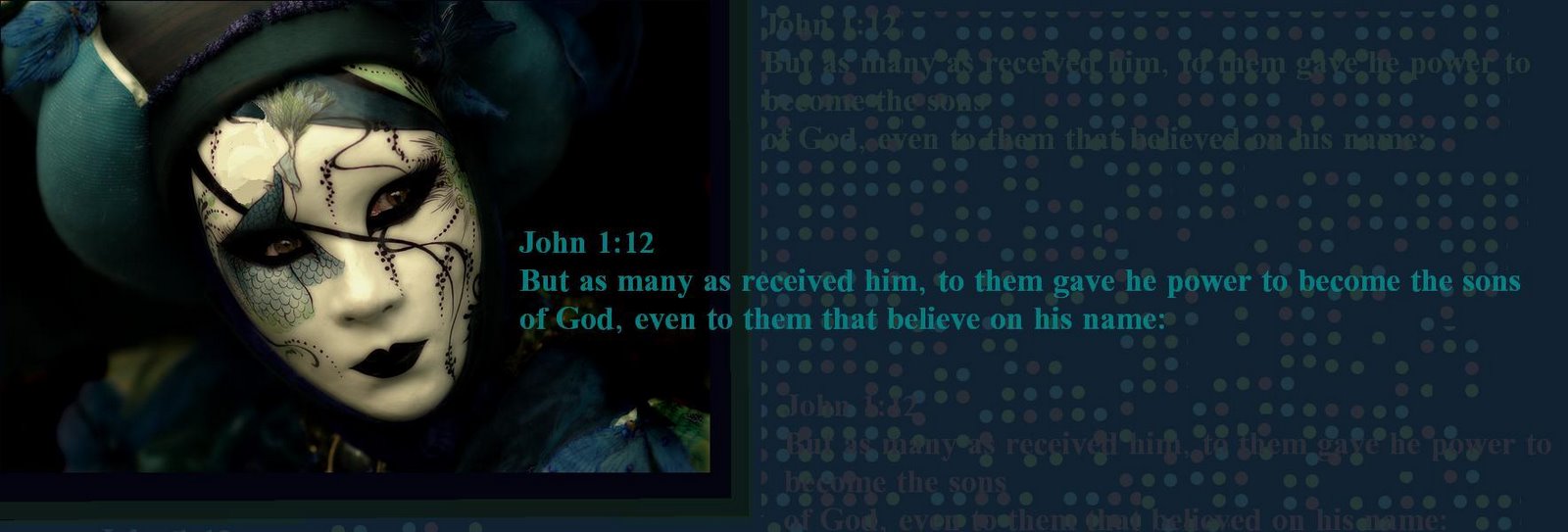African American History - Voting Rights
Blacks voted long before the 1965 Voting Rights Act, as was evident in the infamous 1856 Dred Scott decision in which a Democratic-controlled US Supreme Court observed that blacks “had no rights which a white man was bound to respect; and that the Negro might justly and lawfully be reduced to slavery for his benefit.”
State constitutions protecting voting rights for blacks included those of Delaware (1776), Maryland (1776), New Hampshire (1784), and New York (1777). (Constitution signer Rufus King declared that in New York, “a citizen of color was entitled to all the privileges of a citizen. . . . [and] entitled to vote.”) [9] Pennsylvania also extended such rights in her 1776 constitution, as did Massachusetts in her 1780 constitution. In fact, nearly a century later in 1874, US Rep. Robert Brown Elliott (a black Republican from SC) queried: “When did Massachusetts sully her proud record by placing on her statute-book any law which admitted to the ballot the white man and shut out the black man? She has never done it; she will not do it.”
As a result of these provisions, early American towns such as Baltimore had more blacks than whites voting in elections; and when the proposed US Constitution was placed before citizens in 1787 and 1788, it was ratified by both black and white voters in a number of States.
This is not to imply that all blacks were allowed to vote; free blacks could vote (except in South Carolina) but slaves were not permitted to vote in any State. Yet in many States this was not an issue, for many worked to end slavery during and after the American Revolution. Although Great Britain had prohibited the abolition of slavery in the Colonies before the Revolution, as independent States they were free to end slavery – as occurred in Pennsylvania, Massachusetts, Connecticut, Rhode Island, Vermont, New Hampshire, and New York. [16] Additionally, blacks in many early States not only had the right to vote but also the right to hold office.



0 Comments:
Post a Comment
<< Home